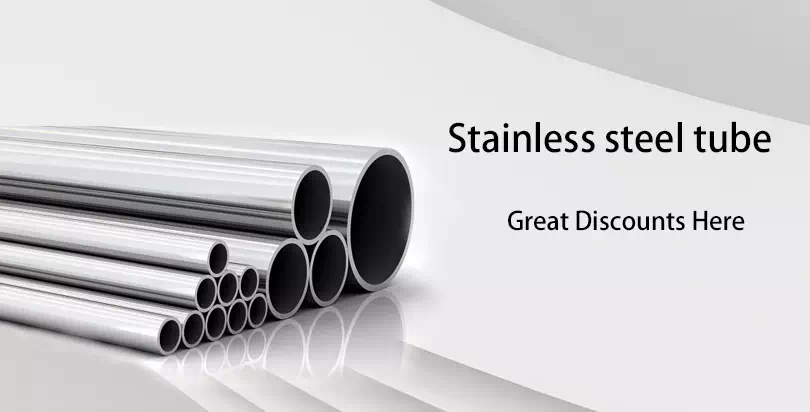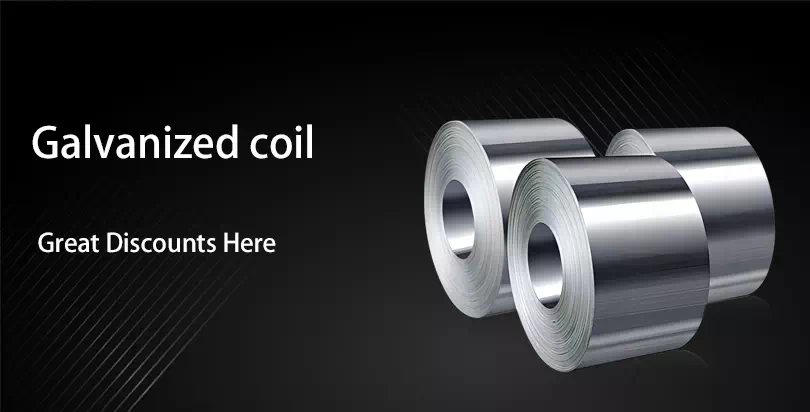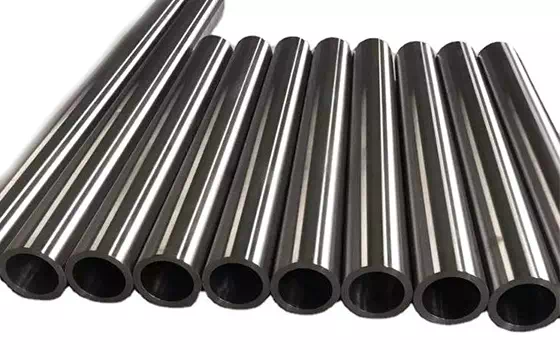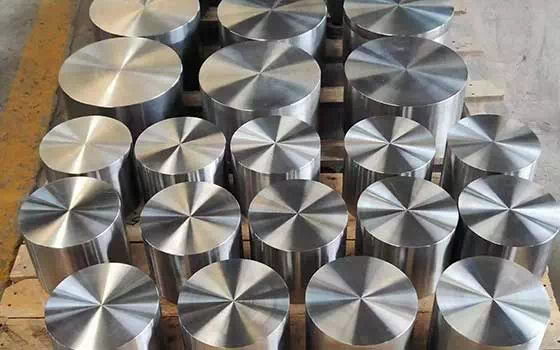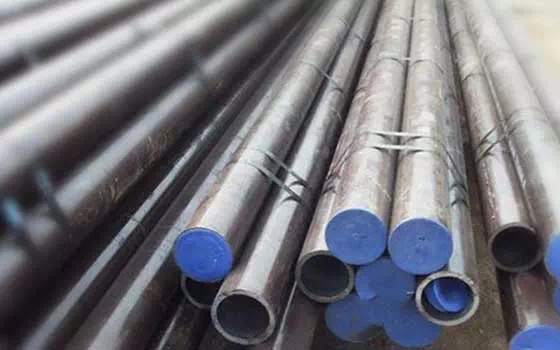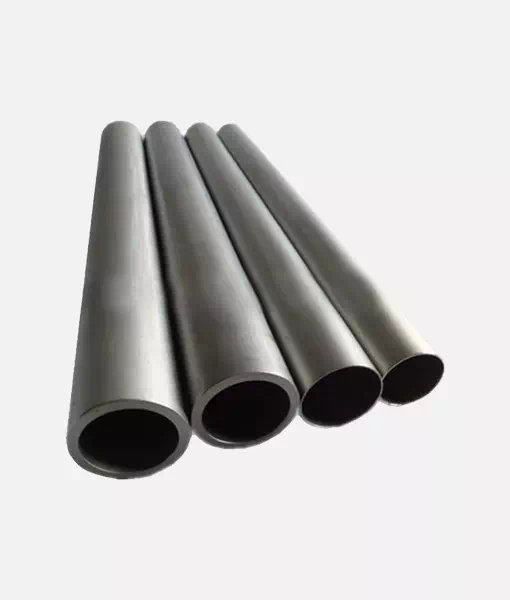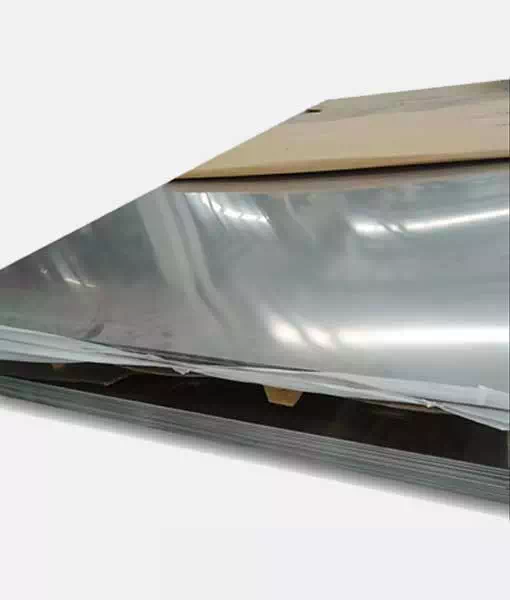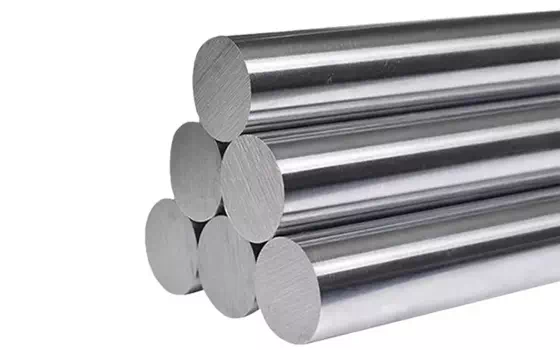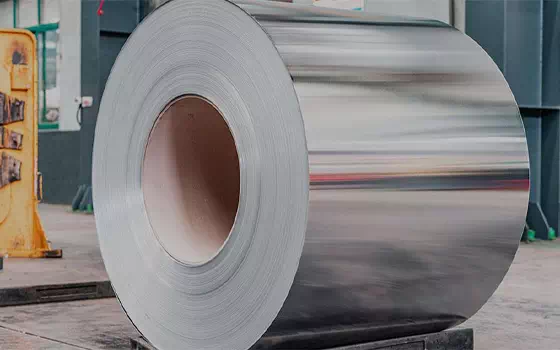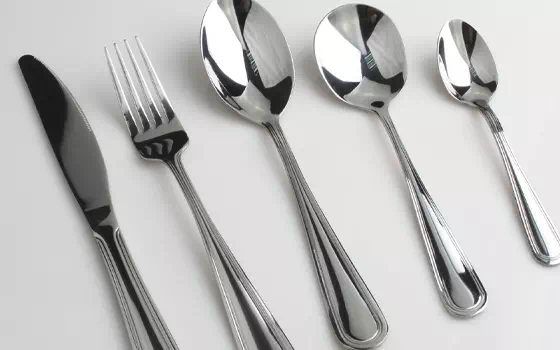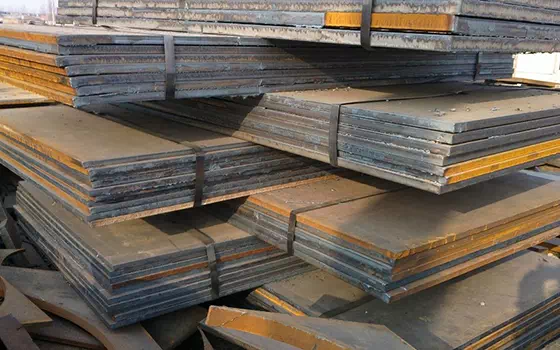In the current smart lock panel manufacturing, most manufacturers choose to use aluminum alloy or zinc alloy as the main material, while the use of stainless steel is relatively small. This choice is mainly based on the characteristics and advantages and disadvantages of various materials.
First of all, let's look at the advantages of stainless steel:
Stainless steel has good heat resistance and low temperature strength, which means that it is not affected by temperature changes and can maintain stable performance in a variety of environments.
Stainless steel has strong corrosion resistance, so it can be widely used in coastal and tropical rain forest areas with high salinity and high humidity.
Stainless steel has high strength, fire prevention, anti-drilling, anti-skid, anti-saw, anti-impact and other functions, which makes its long service life and high safety.
Stainless steel texture is uniform, delicate, easy to clean, and can maintain the original appearance for a long time.
However, stainless steel also has some disadvantages:
The cost of stainless steel fingerprint locks is higher, which may affect its competitiveness in the market.
Due to the hard texture of stainless steel, there are fewer choices in the shape design and it is relatively single.
Next, let's look at the advantages of zinc alloy:
Zinc alloy has good casting performance, diverse patterns and high selectivity.
Zinc alloys have a low melting point and can be easily manufactured in a variety of styles and shapes.
Zinc alloy is easy to cast, and both the material price and the casting cost are relatively low.
However, zinc alloys also have some disadvantages:
Zinc alloys have poor corrosion resistance. When the impurity elements of lead, tin and cadmium in the alloy composition exceed the standard, it will lead to aging and deformation of the casting, which is manifested as volume expansion, mechanical properties, especially plasticity, and even rupture for a long time.
Zinc alloy die casting is not suitable for use in high and low temperature working environments.
The wear resistance of zinc alloy fingerprint lock is poor, and after a period of use, it is often easy to fade.
Zinc alloys are relatively brittle and often break the handle.
Finally, let's take a look at the advantages of aluminum alloy:
The hardness of aluminum alloy materials is relatively high, so it is stronger and more durable than zinc alloy, and its service life is longer.
The processing of aluminum alloy materials is difficult and requires fine processing technology, so the accuracy and aesthetics of its products are relatively high.


